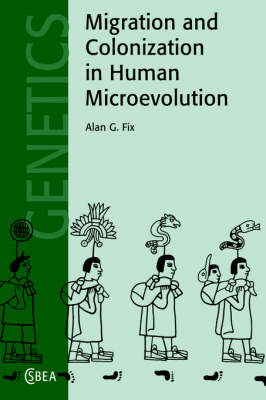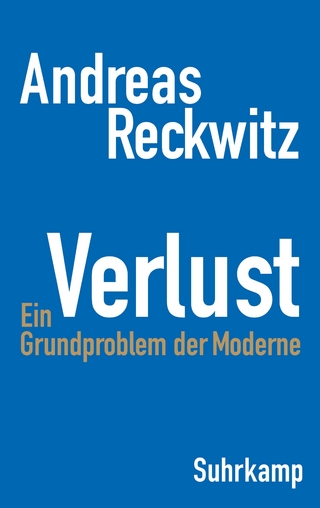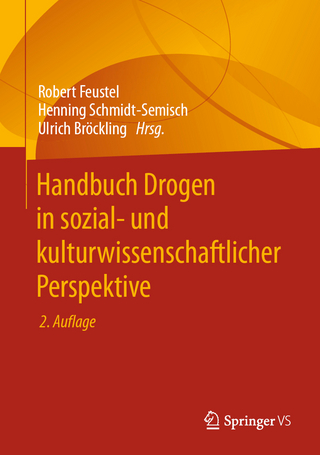
Migration and Colonization in Human Microevolution
Seiten
2005
Cambridge University Press (Verlag)
978-0-521-01954-5 (ISBN)
Cambridge University Press (Verlag)
978-0-521-01954-5 (ISBN)
Migration and colonisation are major forces affecting the frequency and spread of genes in human populations. Looking at migration as a process, this book shows how a combination of simulation models and field studies can help us understand both human evolution in the past and its consequences for us today.
Migration and colonization are major forces affecting the frequency, spatial pattern and spread of genes in human populations. Here, Alan Fix reviews theories of migration developed by biologists and social scientists and surveys patterns of migration in a diverse sample of human populations. Using these empirical studies, he evaluates models of migration developed by population geneticists and explores more realistic models using computer simulation. He then shows the relevance of studies of migration as a microevolutionary process to the understanding of longer term global patterns of human diversification, by examining the spread of anatomically modern Homo sapiens, the demic diffusion of agriculture in Europe, and the origins of human diversity in the Malayan Peninsula. By focusing on migration as a process rather than as its genetic consequences, the book provides a bridge between biological and social science studies of migration, genetic microevolutionary theory and longer term human evolution.
Migration and colonization are major forces affecting the frequency, spatial pattern and spread of genes in human populations. Here, Alan Fix reviews theories of migration developed by biologists and social scientists and surveys patterns of migration in a diverse sample of human populations. Using these empirical studies, he evaluates models of migration developed by population geneticists and explores more realistic models using computer simulation. He then shows the relevance of studies of migration as a microevolutionary process to the understanding of longer term global patterns of human diversification, by examining the spread of anatomically modern Homo sapiens, the demic diffusion of agriculture in Europe, and the origins of human diversity in the Malayan Peninsula. By focusing on migration as a process rather than as its genetic consequences, the book provides a bridge between biological and social science studies of migration, genetic microevolutionary theory and longer term human evolution.
Preface; Acknowledgements; 1. The study of migration; 2. The anthropology of human migration; 3. Population genetics models and human migration; 4. Computer simulation models; 5. Migration and colonization in human evolution; 6. Conclusions: an evolutionary framework for the study of migration; References.
| Erscheint lt. Verlag | 8.9.2005 |
|---|---|
| Reihe/Serie | Cambridge Studies in Biological and Evolutionary Anthropology |
| Zusatzinfo | 16 Tables, unspecified; 32 Line drawings, unspecified |
| Verlagsort | Cambridge |
| Sprache | englisch |
| Maße | 152 x 229 mm |
| Gewicht | 545 g |
| Themenwelt | Sozialwissenschaften ► Soziologie |
| ISBN-10 | 0-521-01954-0 / 0521019540 |
| ISBN-13 | 978-0-521-01954-5 / 9780521019545 |
| Zustand | Neuware |
| Haben Sie eine Frage zum Produkt? |
Mehr entdecken
aus dem Bereich
aus dem Bereich
Ein Grundproblem der Moderne | Die erste umfassende Studie zum …
Buch | Hardcover (2024)
Suhrkamp (Verlag)
32,00 €
Buch | Hardcover (2024)
Springer Fachmedien Wiesbaden GmbH (Verlag)
219,99 €


